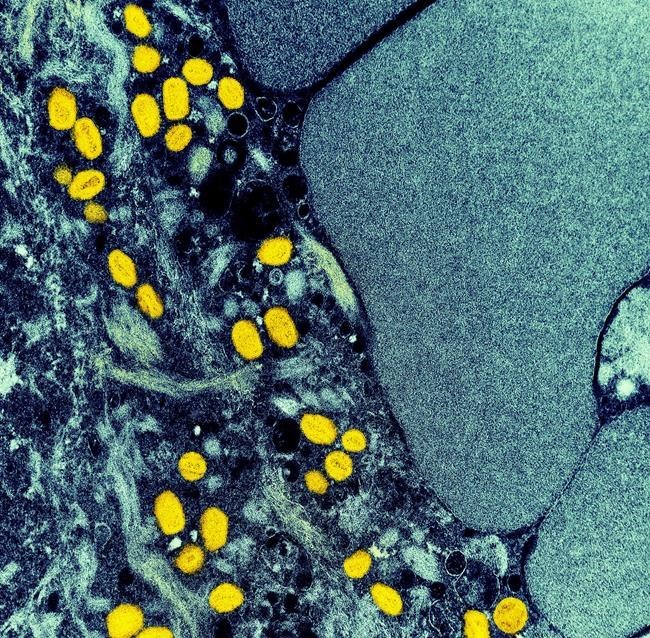OTTAWA — The federal government plans to give $1 million to community organizations across the country to provide gay and bisexual men with information about monkeypox and combat stigma around the disease.
Environment Minister Steven Guilbeault says the RÉZO community organization in Montreal will receive $150,000 to support local and provincial outreach efforts, and AIDS Committee of Toronto and MAX Ottawa will each get $100,000.
Guilbeault stood in for the announcement at the RÉZO organization because the health minister was unavailable.
The Public Health Agency of Canada says the disease is mainly being transmitted among men who report intimate contact with men, but anyone can get monkeypox.
As of Wednesday, there were 604 confirmed cases of monkeypox in Canada, with the vast majority in Quebec and Ontario.
Two organizations in Vancouver and one in Edmonton are also expected to receive money, and the Public Health Agency will keep $100,000 in reserve to go toward any emerging issues related to monkeypox.
The monkeypox disease comes from the same family of viruses that cause smallpox, which the World Health Organization declared eradicated around the globe in 1980. Smallpox vaccines have proven effective in fighting the monkeypox virus.
Guilbeault said he's confident Canada will have enough vaccine to address the spread of the disease but he did not have further details about how much supply Canada has or is trying to get.
The virus generally doesn't spread easily and is transmitted through prolonged close contact via respiratory droplets, direct contact with skin lesions or bodily fluids, or through contaminated clothes or bedding.
Common symptoms include rash, oral and genital lesions and swollen lymph nodes.
This report by The Canadian Press was first published July 21, 2022.
Laura Osman, The Canadian Press

